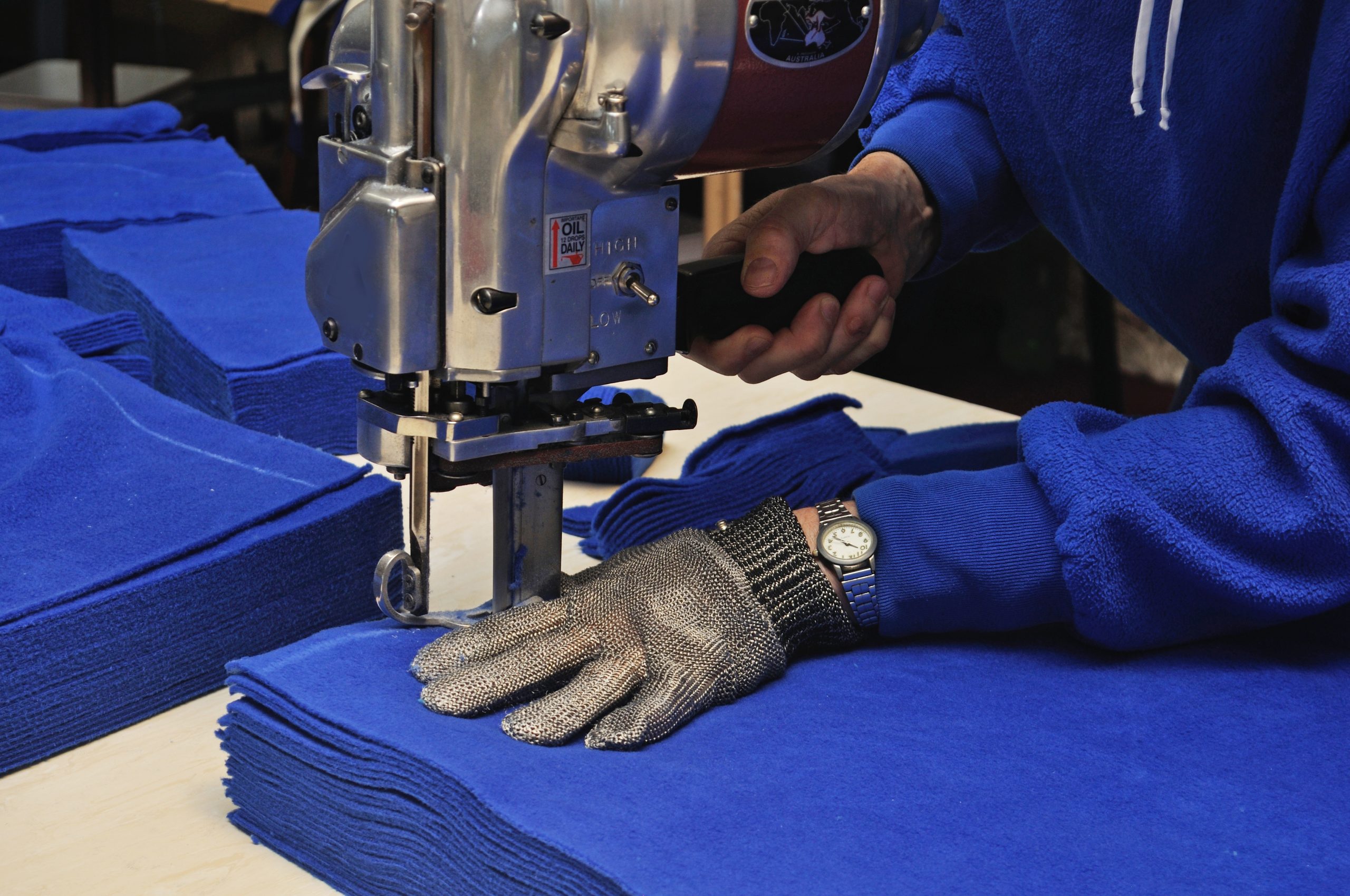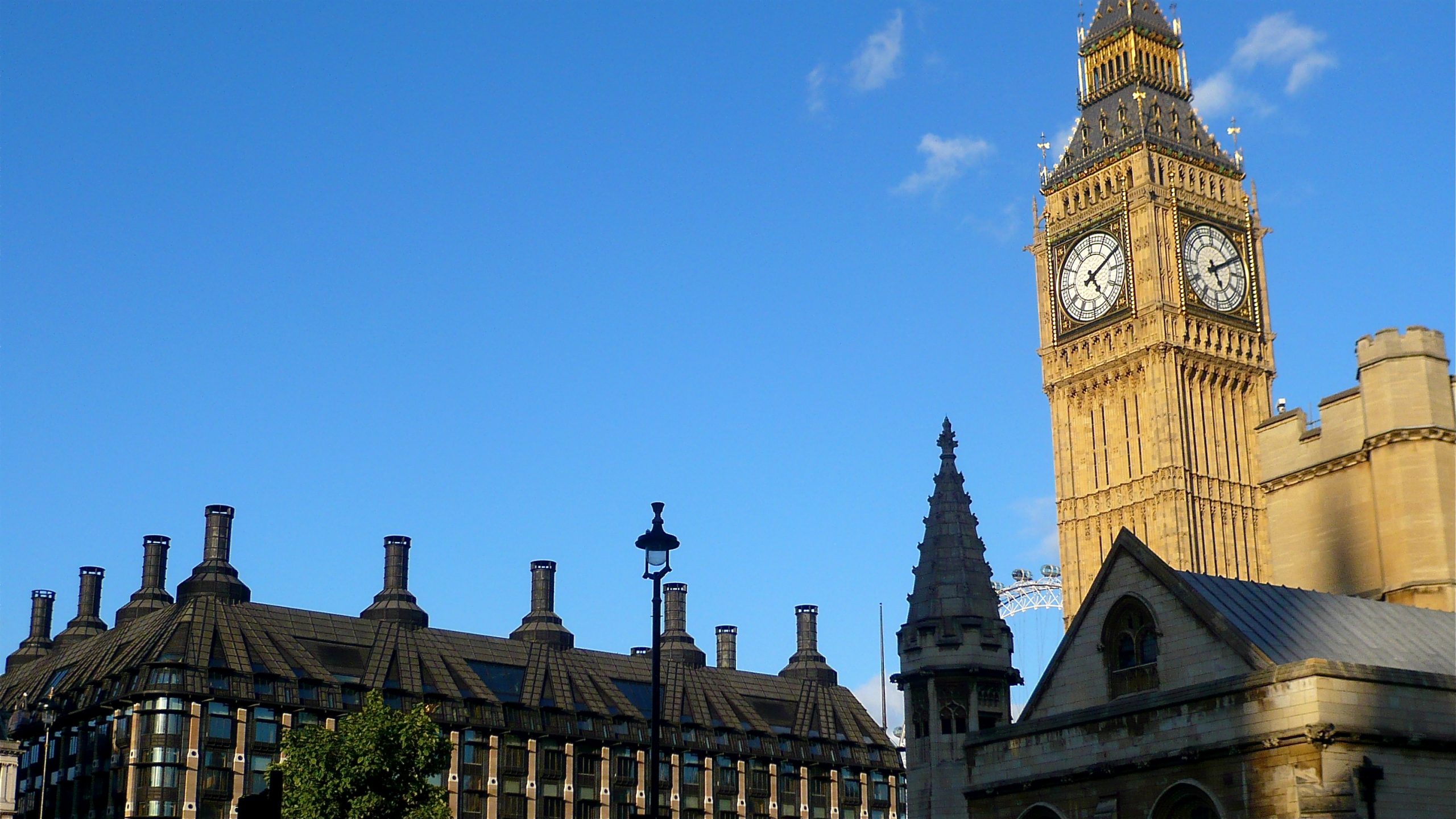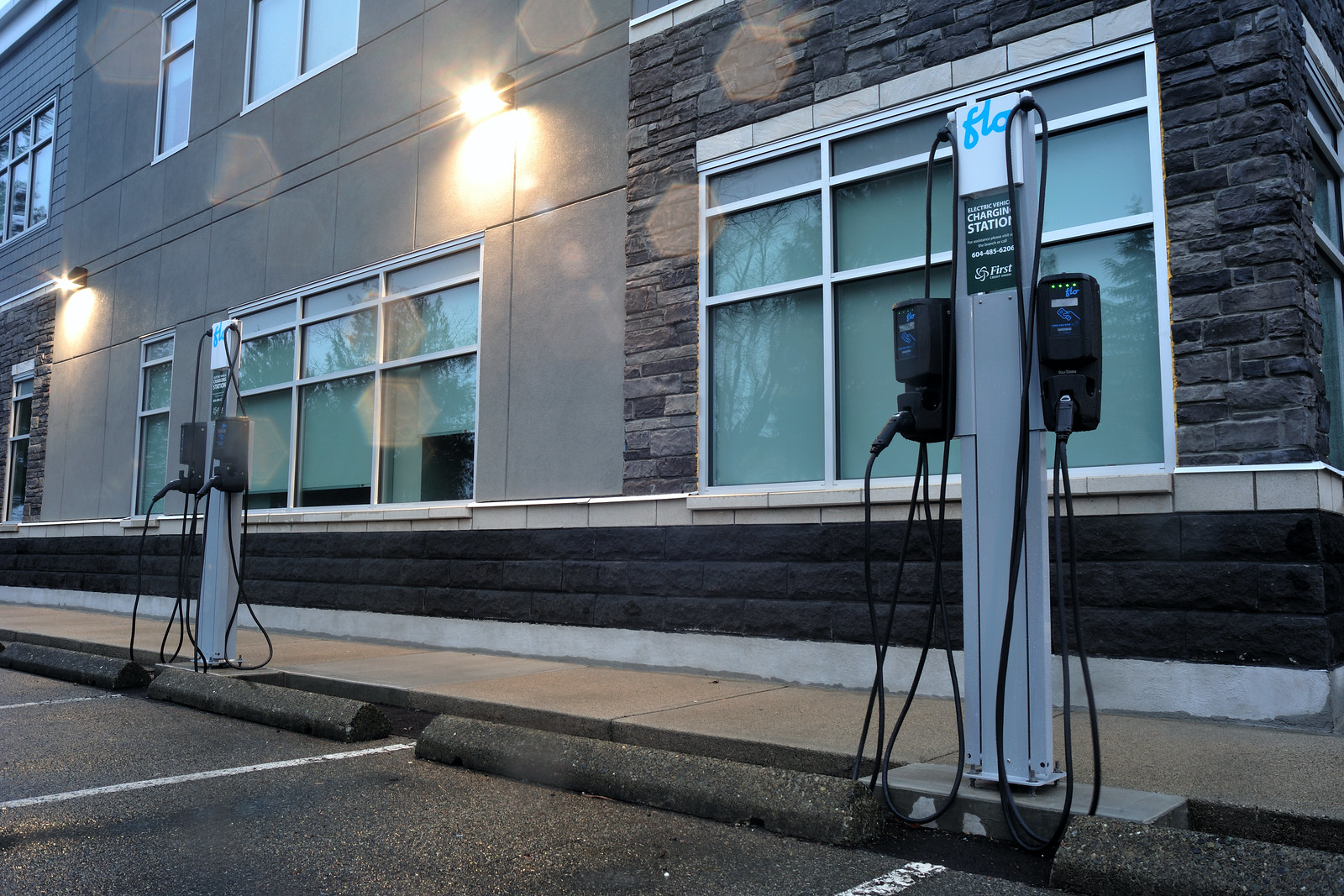How is the Textile Industry Responding to Net Zero Targets?

As Made Smarter, the technology adoption programme, offers the textile sector a pathway to lead the next industrial revolution; Housing Industry Leaders highlights the importance of reducing greenhouse gas emissions (GhG) in the industry.
Made Smarter, the technology adoption programme urges textile manufacturers to adopt digitalisation to drive sustainability and growth.
Research from the European Parliament found that 10% of GhG emissions come solely from clothing and footwear production, so reducing the emissions through the programme is essential to meet global decarbonisation goals.
125 companies from the sector based in the North West are embracing change by tapping into impartial expert technical advice, digital transformation workshops to help them take their first steps, a leadership programme, digital technology internships, and skills development support.
The textile industry is responsible for 10% GhG emissions
Of these, 13 textile businesses supported by matched funding invest in new digital technology to solve critical challenges while increasing productivity and creating new high-value jobs.
But with more than 1,000 fashion and textile manufacturers in the region employing around 15,000 people and a collective turnover of £1.83 billion, Made Smarter believes the sector and region synonymous with the ‘first’ Industrial Revolution has a golden opportunity to lead the ‘fourth’.
Alain Dilworth, North West Adoption Programme Manager at Made Smarter, said: “The textile industry in the North West was at the centre of the first industrial revolution with technological advances enabling cotton, wools, silks, and dyestuffs to be produced at unprecedented rates for export around the globe.”
Adding to this, he told Housing Industry Leaders: “Covid-19 has had a huge impact on the industry with supply chains broken, falling sales and regrettably, some businesses having to close. Rebuilding is an opportunity to create a more sustainable approach which enables better resilience by taking advantage of the new digital technologies.”
Our ambition now is to reach out to the hundreds of others across the region to support them to take their first steps to future-proof their business
Tibard, based in Dukinfield, which makes uniforms for Pizza Express, Wagamama and the NHS, benefited from Made Smarter’s digital transformation process before securing support to invest in a modern IoT-connected, industry 4.0 machine.
Made Smarter already making a real world impact
Ian Mitchell, Managing Director of Tibard, told Housing Industry Leaders: “Made Smarter has helped us develop a digital strategy and accelerated our adoption of advanced manufacturing technology. The last two years have been highly challenging, but we had to diversify our products and customers and currently operate at three times our pre-Covid capacity.
“A key element of this is the automation and data and system integration work being undertaken by our digital department. We are eager to modernise our operations to help achieve our goals. Made Smarter has certainly supported our journey. Without this new machinery, we would not be able to provide the best value for garments for both the hospitality and healthcare sectors,” he added.
The fashion and textile industry has been under much scrutiny in recent years; as consumer awareness increases, so does the need for fashion to be more sustainable. Three hundred thousand tonnes of clothing are sent to landfills or incinerated each year in the UK alone.
It is fitting that Made Smarter is now offering its support and expertise to help the same industry embrace the opportunity to lead the fourth industrial revolution
On top of this, 2,700 litres of water is required to make one shirt – the equivalent of 2.5 years of drinking water. Digital transformation is one of the tools to reduce these impacts on the planet as it will disrupt traditional textile production methods.
Digital textile printing, for example, produces less waste, requires little setup and equipment, and uses fewer resources like water. 3D printing also reduces waste as fewer samples are made.
Companies are opting to provide more data to boost transparency across the supply chain. QR codes, for instance, detail the item’s country of origin and carbon footprint. Others are using analytics to track fashion trends and cycles, helping reduce the number of clothes in a landfill.
Commending the impact of the programme, Adam Mansell, CEO of UKFT, UK Fashion and Textile Association (UKFT), said: “The success of the Made Smarter Adoption Programme in the North West has demonstrated the value of targeted support for SME manufacturers to help them take those first steps on their digitalisation journeys.
Made Smarter has produced a free guide to help businesses in the sector. To download a copy, click here.

